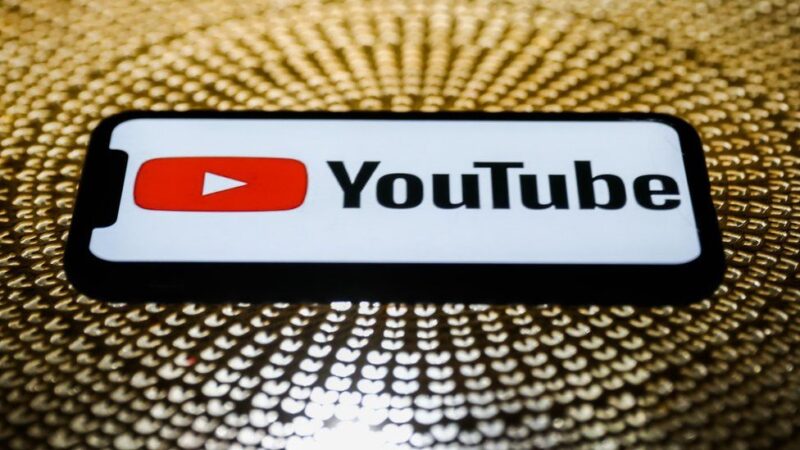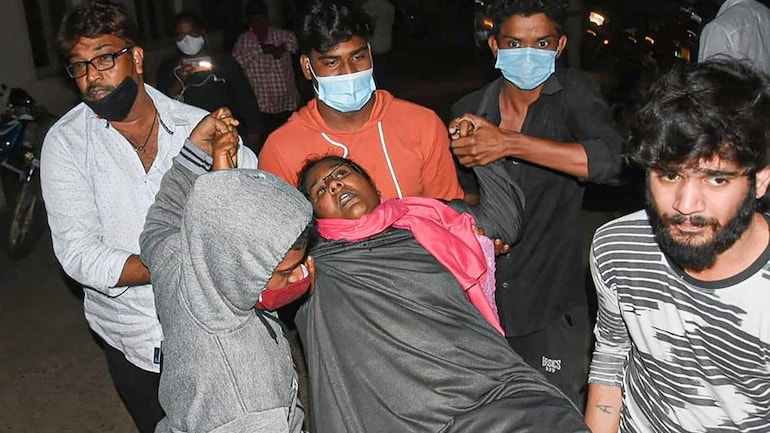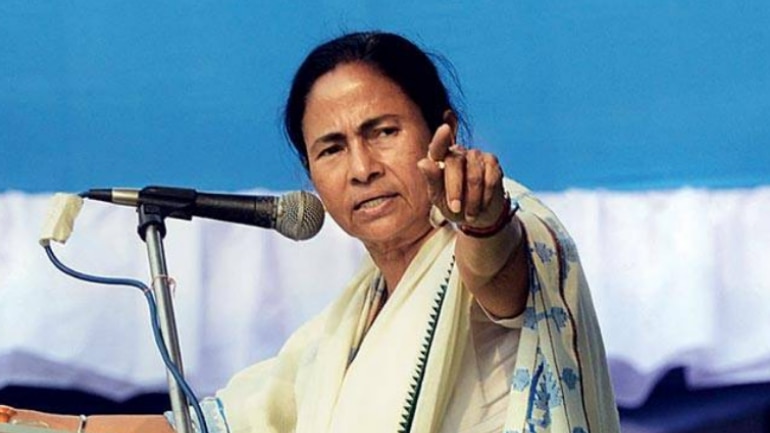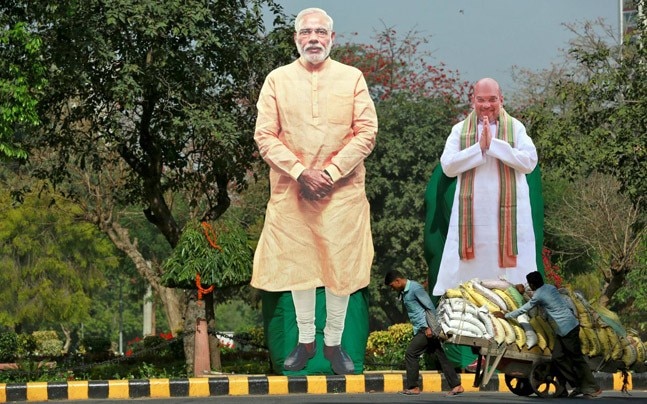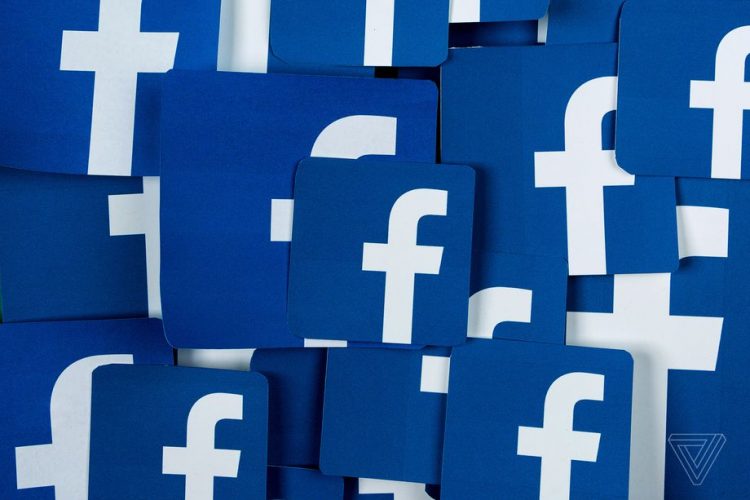Video sharing platform YouTube’s creator economy contributed Rs 10,000 crore to India’s GDP in 2021, said a study by Oxford Economics.
It supported more than 750,000 full-time equivalent jobs in the country during the same period.
In 2020, creators on the Google-owned platform reportedly contributed Rs 6,800 crore to the country’s GDP and supported the equivalent of 683,900 jobs.
The report, which was made public on Monday at the Google for India event, surveyed 5,633 YouTube creators of all sizes, 4,021 users and 523 businesses across different sectors.
“YouTube, in India, is woven into the fabric of our lives. We are delighted that YouTube’s creative ecosystem continues to power India’s creator economy, supporting new jobs and opportunities across the length and breadth of the country,” said Ajay Vidyasagar, Director of South, South East Asia and APAC Emerging Markets, YouTube.
“We want to help truly democratize important health information. And, we remain committed to working closely with experts in healthcare and investing in technologies that will enable them to create multilingual content efficiently, to reach audiences at scale,” he said.
YouTube and Google unveiled new offerings at the event, with AI and machine learning (AI/ML) being their focus.
YouTube announced two new features to expand learning and healthcare content on its platform, while Google said it was making major updates to its type as well as voice search offerings.
YouTube is piloting an AI/ML-enabled solution called Aloud, which can translate and dub videos in various regional languages at no additional cost. The feature is currently available to only a small group of healthcare providers.
YouTube said it will work with more healthcare institutions, including Narayana, Manipal, Medanta, and Shalby, to create credible content covering more than 100 conditions and across languages like Hindi, Marathi, Tamil, Telugu, Kannada, Gujarati, Bengali and English.
To ensure accuracy, the company said that the final translations are vetted by both the creator and partner teams.
YouTube introduced its new offering to promote learning: ‘Courses’ will allow creators to offer viewers multi-session video tutorials for topics and add supplementary learning tools such as PDF files, along with videos.
YouTube said that content creators have eight monetization methods and Courses will be an additional resource.
Starting next year, qualified creators in India can offer free or paid Courses to viewers. The feature will be initially rolled out as a beta test in India, South Korea, and the US.
Google also unveiled some new voice search offerings. One of the more crucial innovations comes in the form of Project Relate, a new Android app that recognises and translates non-standard speech helping people with speech impairments to communicate more easily with others and interact with the Google Assistant.
Through the Listen feature, the Relate app transcribes the user’s speech to text in real time and lets them copy-paste text into other apps. The Repeat feature helps users restate your sentences using a clear, synthesized voice.
The app, which is in a pilot stage, also lets the user speak directly to the Google Assistant. Subsequent pilot phrases will include services in Hindi and regional languages. Elizabeth Reid, Vice President of Engineering (Search) at Google, said that the app service is being introduced in India first.
With Google’s new multi-search feature, a user’s Lens-based visual query can be further refined by adding textual key terms. So, if you want to find a dress with a particular pattern, your visual of the pattern can be refined further with keywords for colour, brand, or style of the dress you are searching for.

